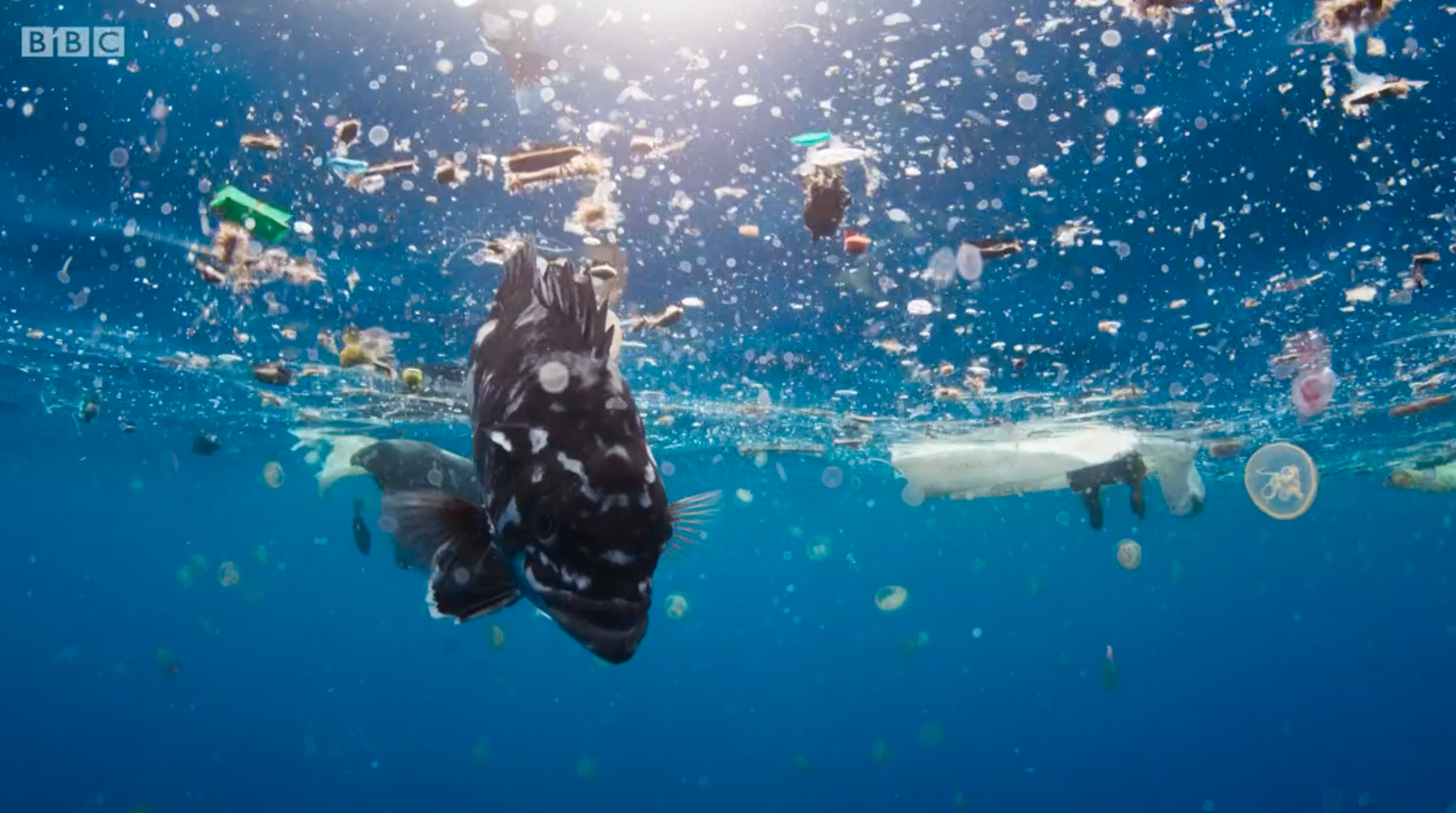Blue Planet 2 left viewers heartbroken after showing the extent to which plastic affects the ocean
'There would rarely be a dive where I wouldn't find some form of plastic'

Your support helps us to tell the story
From reproductive rights to climate change to Big Tech, The Independent is on the ground when the story is developing. Whether it's investigating the financials of Elon Musk's pro-Trump PAC or producing our latest documentary, 'The A Word', which shines a light on the American women fighting for reproductive rights, we know how important it is to parse out the facts from the messaging.
At such a critical moment in US history, we need reporters on the ground. Your donation allows us to keep sending journalists to speak to both sides of the story.
The Independent is trusted by Americans across the entire political spectrum. And unlike many other quality news outlets, we choose not to lock Americans out of our reporting and analysis with paywalls. We believe quality journalism should be available to everyone, paid for by those who can afford it.
Your support makes all the difference.Blue Planet II has been consistently wonderful, leaving viewers amazed with footage of never-before-seen creatures of the deep, transforming fish, and rubber ducks.
The David Attenborough series has also been occasionally heartbreaking. The third episode — titled 'Big Blue' — featured one moment that left people in tears.
"This mother has been carrying her newborn around,” said Attenborough, narrating over a family of pilot whales, “but it's dead. She's reluctant to let it go. It’s been dead for many days.”
Attenborough explained how humans dump around eight million tonnes of plastic in the ocean every year. As a result, the water levels had likely become so toxic the mother’s own milk had been contaminated
"Pilot whales have big brains, and they can certainly experience emotions,” the narrator continued. “Judging the adults, the loss of the infant has affected the entire family.”
Following the scenes, some viewers took to Twitter to express their dismay at humanity, calling on others to do something about our poisoned oceans.
Blue Planet has issued an article explaining what can be done to help preserve the sea, the first piece of advice — and quickest for those who live by the sea — being to simply pick up litter at the beach. They even call on those who do take part to Instagram and Tweet #2MinuteBeachClean.
Another tip is eating sustainably caught fish — which ensures wildlife and habitats aren’t affected by fishing. The Marine Conservation Society has a handy guide for finding out whether what you’re eating is sustainable.
For those watching Blue Planet II, you’ll be happy to know every piece of plastic the crew came across was removed from the ocean and recycled.

Watch Apple TV+ free for 7 days
New subscribers only. £8.99/mo. after free trial. Plan auto-renews until cancelled

Watch Apple TV+ free for 7 days
New subscribers only. £8.99/mo. after free trial. Plan auto-renews until cancelled
"There would rarely be a dive where I wouldn't find some form of plastic from a thread of plastic fishing line, sweet wrappers or plastic bottles," assistant producer Sarah Conner told BBC Newsbeat.
"When in the open ocean on the boat, if we noticed rubbish while in transit we would do our best to stop and pick it up, just as anyone who cares for the ocean would hopefully do."
Join our commenting forum
Join thought-provoking conversations, follow other Independent readers and see their replies
Comments